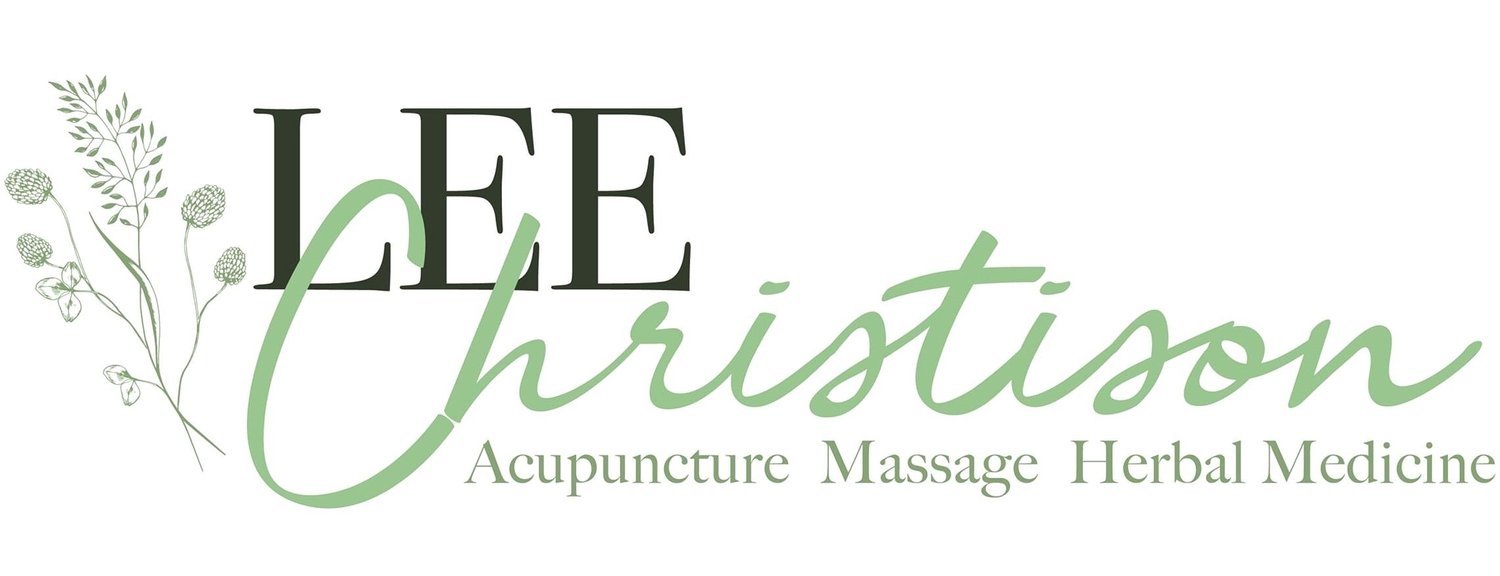The human body is an intricate system of interconnected parts, each playing a vital role in our overall well-being. Among the various systems that contribute to our health, the gut microbiome has emerged as a fascinating area of study. Comprising trillions of microorganisms, this complex ecosystem influences our digestion, immunity, mental health, and much more. However, when this delicate balance is disrupted, a condition known as dysbiosis can occur, casting a shadow over our health. In this blog, we will delve into the world of dysbiosis, exploring its causes, symptoms, and potential ways to restore harmony within our gut microbiome.
Understanding Dysbiosis: Dysbiosis refers to an imbalance or disruption in the composition of the gut microbiome. In a healthy gut, a diverse array of beneficial bacteria, viruses, fungi, and other microorganisms coexist harmoniously, promoting optimal functioning. However, various factors can lead to dysbiosis, including poor diet, stress, antibiotics, chronic disease, and environmental toxins. When dysbiosis occurs, harmful microbes may proliferate, while beneficial ones dwindle, resulting in an unhealthy gut ecosystem.
Symptoms and Implications: The consequences of dysbiosis extend far beyond the gut. Research suggests that it can contribute to a range of health issues, including digestive disorders (such as irritable bowel syndrome & SIBO), autoimmune diseases, mental health disorders (like anxiety and depression), obesity, and even cardiovascular disease. Common symptoms of dysbiosis may include bloating, gas, diarrhoea, constipation, brain fog, fatigue, and compromised immunity. It is important to note that while these symptoms can be indicative of dysbiosis, they may also be present in other health conditions, so a comprehensive diagnosis is crucial.
Restoring Balance: Fortunately, dysbiosis can be treated. By implementing certain lifestyle changes, it is possible to restore balance within the gut microbiome. Here are a few strategies worth considering: 1. Nourish with a gut-friendly diet: Consuming a diverse range of whole foods and reducing processed foods, sugar, and alcohol. 2. Minimise stress: Chronic stress can disrupt the gut-brain axis, impacting the gut microbiome. Practicing stress-management techniques like meditation, exercise, and adequate sleep can help restore balance. 3. Avoid unnecessary antibiotics: While antibiotics play a crucial role in fighting infections, their overuse can harm the gut microbiome. It is essential to use antibiotics judiciously, under the guidance of healthcare professionals. 4. Probiotics and supplementation: Incorporating probiotic-rich foods or high-quality supplements can introduce beneficial microbes into the gut, promoting a more balanced ecosystem. 5. Seek professional guidance: treating dysbiosis can be complex and often requires an individualised approach so seek guidance from a healthcare professional who has knowledge in this field. They can provide personalised recommendations and conduct specialised tests to identify specific imbalances and the underlying cause.
The intricate world of the gut microbiome and dysbiosis highlights the crucial interplay between our overall health and the microorganisms residing within us. Understanding dysbiosis empowers us to take proactive steps in nurturing our gut health and overall well-being. By adopting a holistic approach that includes diet, stress management, and professional guidance, we can strive towards restoring balance within our gut microbiome, paving the way for improved vitality and resilience.
If you’d like to discuss your gut health, book in with Lee for a telehealth or in person consultation. Lee had completed degrees in both nutrition and dietetics and traditional Chinese medicine and has a special interest in gut dysbiosis, IBS and SIBO.







